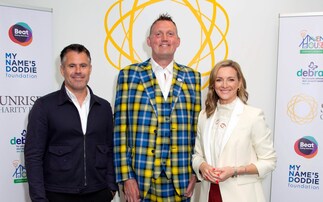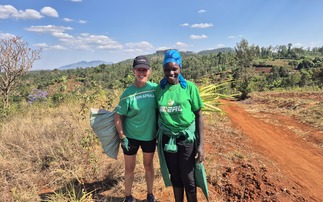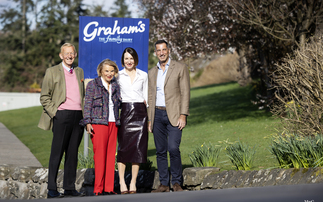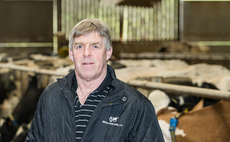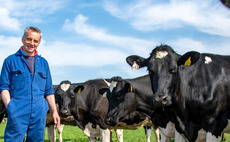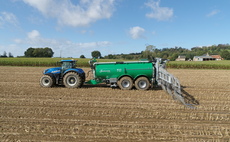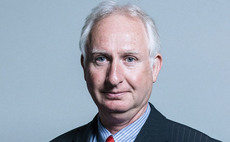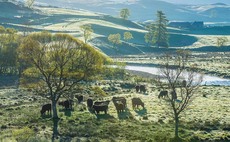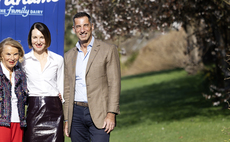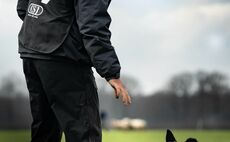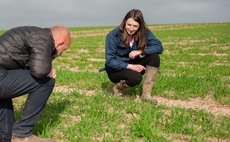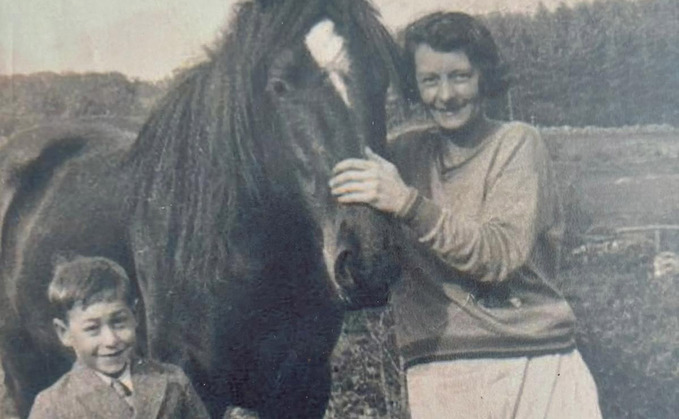
Aneurin, 9, with his aunty and beloved horse Mona
Looking back on the industry throughout the last 50 years is enough to showcase the level of change farming – and the world – has gone through.
But to be able to look back on the last century is nothing short of remarkable.
On November 30, Aneurin Owen, farmer and World War II hero, will celebrate his 100th birthday. After growing up on a farm, completing a stint in the Royal Air Force (RAF) and then returning to the industry, he has quite the memory.
Born near Dolgellau, Wales, his family moved to Husbands Bosworth in 1934 because land was available for better rates – he recalls it being £1 per acre (£2.50 per hectare) to rent, and that included the outbuildings and a house.
His father was approached by the head gardener at Bosworth Hall, who asked if he wanted to take on the tenancy at Holloway Farm. The farm also had two fields attached to it, and to this day those fields are used for sheepdog trials, which Aneurin is very fond of attending.
READ NOW: FG180: Champion dog trialler celebrates 40 years in the industry
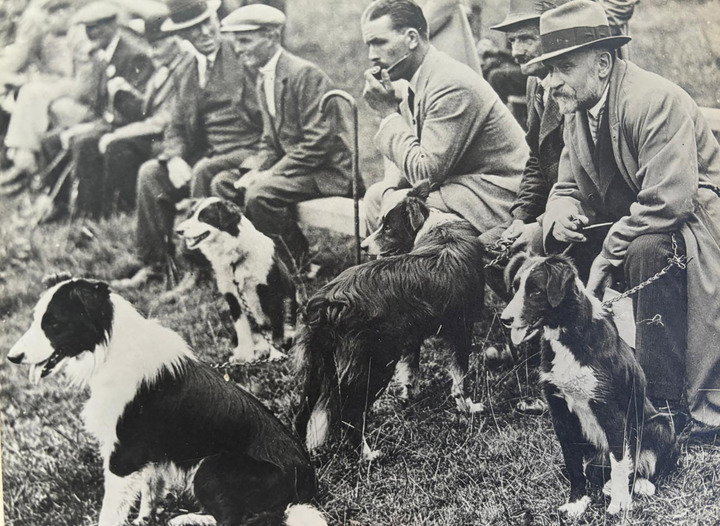
Farming before, during and after the war looked very different, however.
"It was hard and difficult before the war, there were a lot of smallholdings," he says.
"Nearly every farm had a cow or two to make butter; this was probably one of the main incomes.
"My mother sold it every week to help with the household bills.
"We all kept pigs too, for our main meat. You could keep it during the colder months; I used to look forward to nice fresh pork and sides of bacon hanging up in the pantry."
Circumstances changed when Aneurin's father passed away. War then broke out and he decided to join the RAF to do his part for the war effort, leaving his mother to run the farm along with his three sisters and Italian Prisoners of War (POW).
Farming was a reserved occupation during the war, so farmers did not have to sign up. But when Aneurin turned 18, he headed off to be a radio controller.
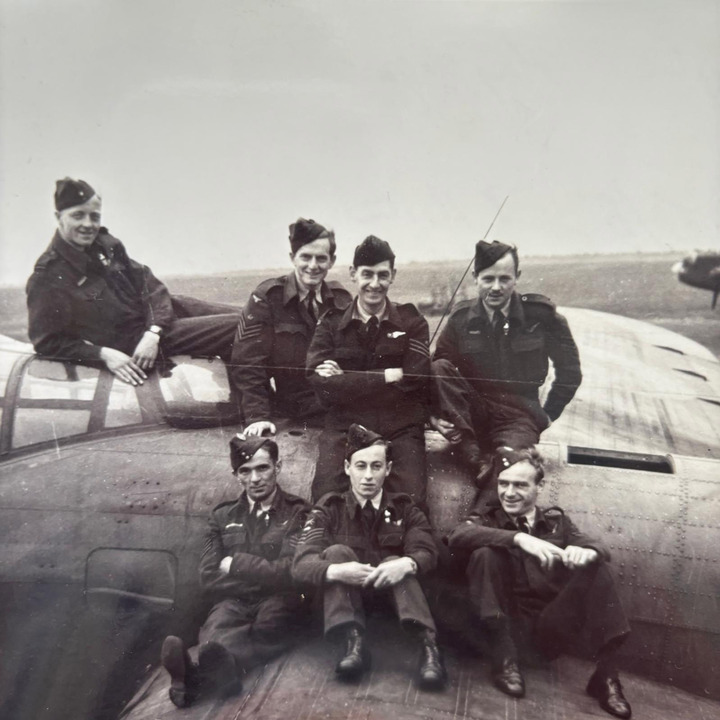
Passing the RAF training was no mean feat either – all members had to complete parachute training, and if they failed, they were out.
One of Aneurin's fondest memories is dropping food parcels over Holland, which they practiced for over an RAF base.
He says: "Nobody knew how to drop food from an aircraft. It was flour mostly, and sugar, and a few tinned items.
"We dropped it from too high the first time – from about 200 feet and the netting broke and the food scattered spam everywhere.
"On VE Day, there is a picture of our Lancaster Bomber going over St Paul's Cathedral – that was our last drop. Then [it was] back to base and we went to the bar and drank all the beer."
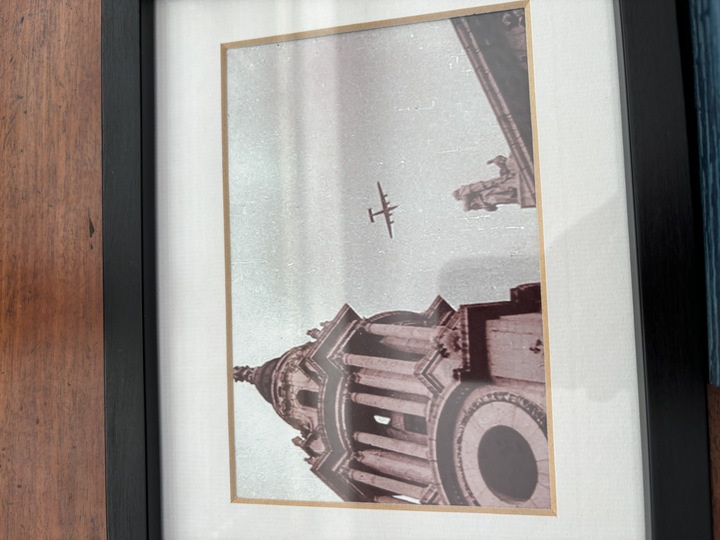
Another defining moment took place in April 1945, when Aneurin's crew were commissioned to sink a submarine in Germany. After completing the reconnaissance flight and identifying the target, overnight additional ships arrived in the port, so when the bombs were released the next day, they missed the submarine but damaged multiple other targets by accident instead: the Admiral Scheer, a famous German battleship cruiser; the battlecruiser Emden; a minesweeper; and a torpedo boat.
This was a huge success for the RAF and a key turning point in World War II.
Aneurin enjoyed his time in the RAF, staying on as reserve for 12 years, but with the Italian POWs leaving the farm at home, he had to go back.
But he made his mark on the farm too, turning his attention to sheep and breeding Mule cross Masham's to achieve a better lambing percentage and better wool, he says.
He was then one of the first in the area to install electric fences and use a polytunnel for indoor lambing.
Aneurin also recalls wool graders from Bradford visiting the farm to buy the wool.
He says: "They would grade it and weigh it, and I would get a cheque for it on the same day. [Wool was] a Government-supported product."
Shearing time is another fond memory, and one which was ‘an affair, and all the neighbours helped each other', he says.
"There would be two people cutting the wool, one cutting inside the belly and legs and round the neck, then you would tie the legs up and pass it onto the shearer – if the shearer was not ready, he would just leave it there tied up," he says.
Aneurin has always had an interest in dogs too, spanning right back to 1936 when he was 13 years old and selling programmes at Husbands Bosworth and Theddingworth trials.
The treasurer, he recalls, gave him 13 programmes to sell at sixpence each. However, he would sell 12 and keep one for himself.
War put a stop to the trials, but they started back up in 1946 and formed a new committee, with Aneurin becoming treasurer at one point.
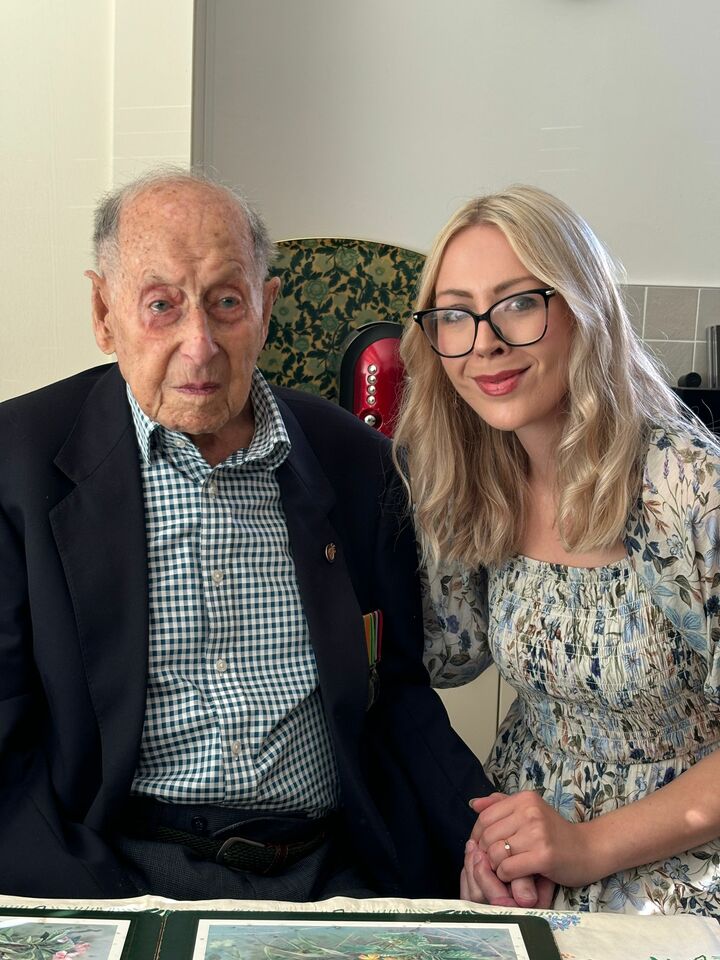
It was the start of something for the community, with over 1,000 spectators attending and around 60-70 dog handlers taking part.
Aneurin later became timekeeper and a judge at the trials, and he ponders about whether he could have taken part himself.
Over the years, he has also given back to the community – he was a founding member of the Harborough and District Farmers Club, and worked for the Agricultural Training Board as an instructor after his retirement, covering sheep and grassland.
Now, at nearly 100 years old, farming is back in his family as Aneurin's grandson is farming sheep. It is on a much larger scale, but Aneurin is proud to see it continue.
He says: "It is a different market altogether – technology comes into it a lot.
"Yes, it is nice to think that farming is going on – sheep in particular, because that is what I made my living from. I was quite happy with farming."












